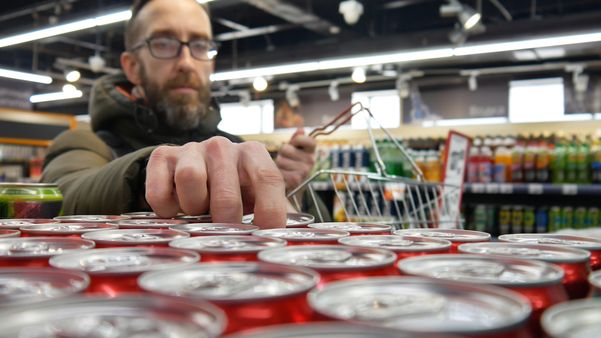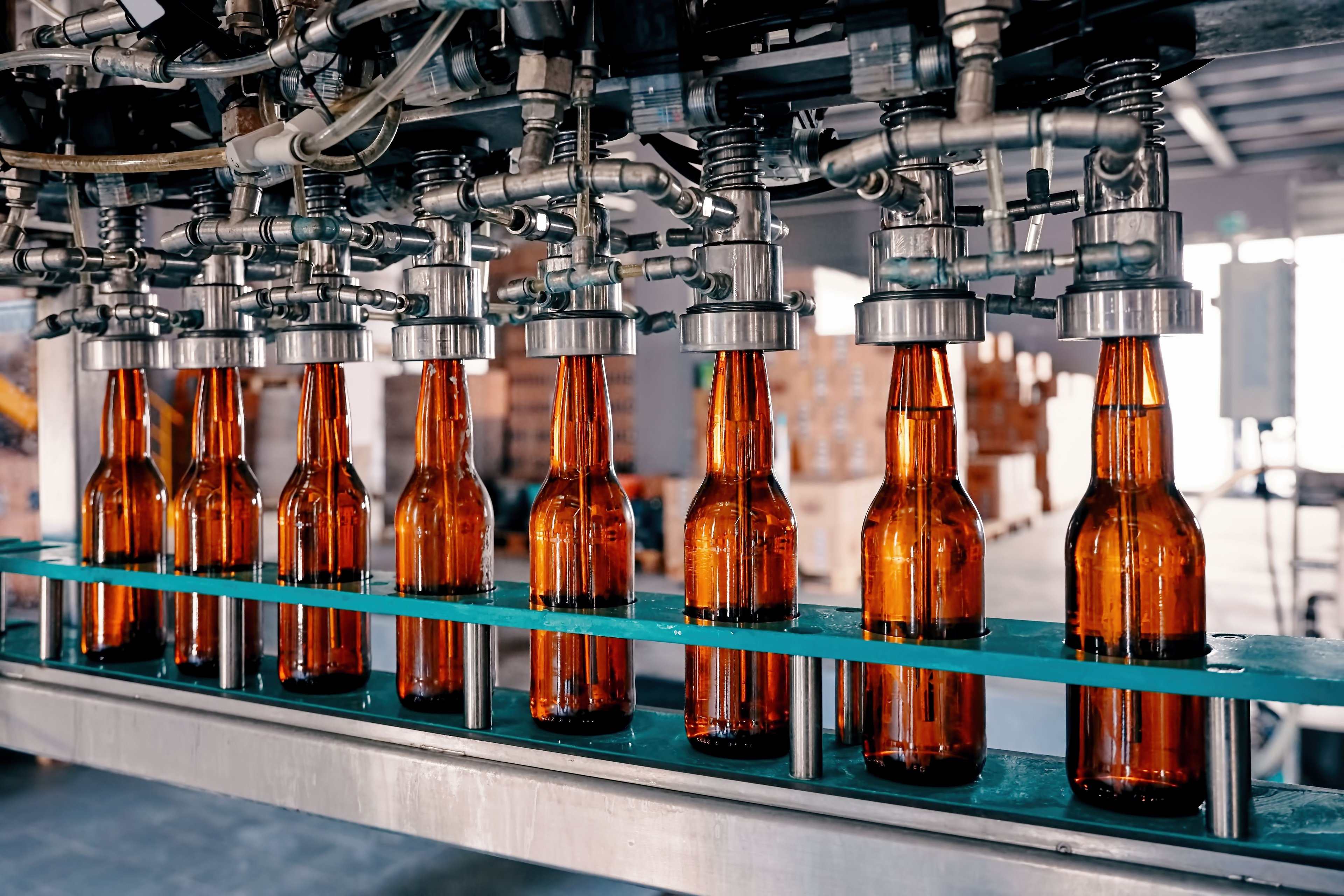
Source: Samueladams.com.
Boston Beer (SAM 0.85%) is credited with starting the craft beer movement in the United States, and has been a wildly successful company since both its inception in 1984 and IPO in 1995. Led by founder and Chairman Jim Koch and CEO Martin Roper, its stock price has risen from $70 per share to around $230 per share over the last five years for an annual return of nearly 27%.
Even though it is currently 30% below the height of its market cap, the business is as strong as ever. Expansion of product lines is putting short-term pressure on earnings, but good execution and solid capital allocation will allow Boston Beer to retain the small craft feel that made it successful in the first place while continuing its growth as a multi-billion dollar company.
Expansion of product lines puts short-term pressure on earnings
In 2014, "531 SKUs and 135 different beer, tea, and cider styles were released commercially" by Boston Beer. Many of these were small batch or limited release that do not contribute greatly to the company's bottom line. All else being equal, a business will maintain higher margins by focusing on a smaller number of products, and Boston Beer's near-term profitability would likely be buttressed by focusing only on the company's biggest sellers, and driving down costs for their production and delivery.
This would be a mistake. These lesser-known products win awards -- Samuel Adams Double Bock and Samuel Adams Tetravis each won gold medals at the Great American Beer Festival. They help to reinforce the company's image of still being innovative and focused on taste despite being the godfather, and one of the biggest players in the craft-beer space.
Sometimes, lightning truly strikes, and a product like Angry Orchard cider comes along that both wins awards, and creates a new growing revenue stream for the company. It's now available in 10 flavors, was awarded Cider of the Year at the U.S. Open Beer Championship, and has become the leading hard-cider brand in the United States.
From November 2013 to 2014, it captured 56.8% of all U.S. hard-cider sales with revenues of $208.1 million. Boston Beer's total revenue for 2014 came in at $903 million. For a brand first launched in 2011, this is an impressive percentage of total sales.
Fear of cannibalization is overblown and becoming even less of a factor
Critics have argued that the introduction of different brands of beer, ciders, and other products have taken sales away from Boston Beer's core products. This is certainly true to some degree; however, the benefits to the company in expanding their product lines that I outlined above outweigh this risk.
Jim Koch, who has historically had his finger on the pulse of the craft-beer market better than just about anybody, indicates that cannibalization has become less of a problem than it's been in the past. In last quarter's conference call, he said, "I think, in general, we're seeing a more promiscuous customer, a more experimental customer, who is pretty much open to what tastes good to them and not bound as much into traditional categories as you would see drinkers in the past, five years ago, 10 years ago."
This is a good sign for any company that makes products that people want to consume because they taste good, and not because of a giant marketing budget. He goes on to say, "whether it's IPAs or shandies or whether you're talking cider. It's not as clearly cannibalistic as you would have thought with a more rigid model of consumer behavior."
Stock price has been hammered recently and buybacks may be a good capital allocation strategy
Boston Beer's stock has dropped from a high of $325 in January of this year to around $230 per share. It's CFO said, "During the first quarter and the period from March 29, 2015 through April 24, 2015, we repurchased approximately 53,000 shares of our Class A common stock for an aggregate purchase price of approximately $14.3 million." This comes to an average price of $270 per share, which is above the current market price.
Time will tell whether or not these investments were prudent uses of shareholder capital. Share repurchase authorization has recently been bumped up by $50 million, and at these current levels, a larger buyback may be warranted.
Is SAM a buy?
For all of the great work Jim Koch and management have done getting the company to this point, Boston Beer still controls only about 1% of the domestic beer market. This may be a negative, as it shows how difficult it is, even with a great brand, to wrestle market share from the giant players while defending its position on the craft beer corner from local upstarts nationwide. It also presents a huge opportunity for growth if management is up to the challenge.
Boston Beer's focus on developing and cultivating new award-winning products, while protecting its flagship brands like Boston Lager and Angry Orchard, will allow it to be successful over the long term. Its recent pullback might be an opportunity for investors to take a deeper look and consider opening a position in this wonderful American company.






